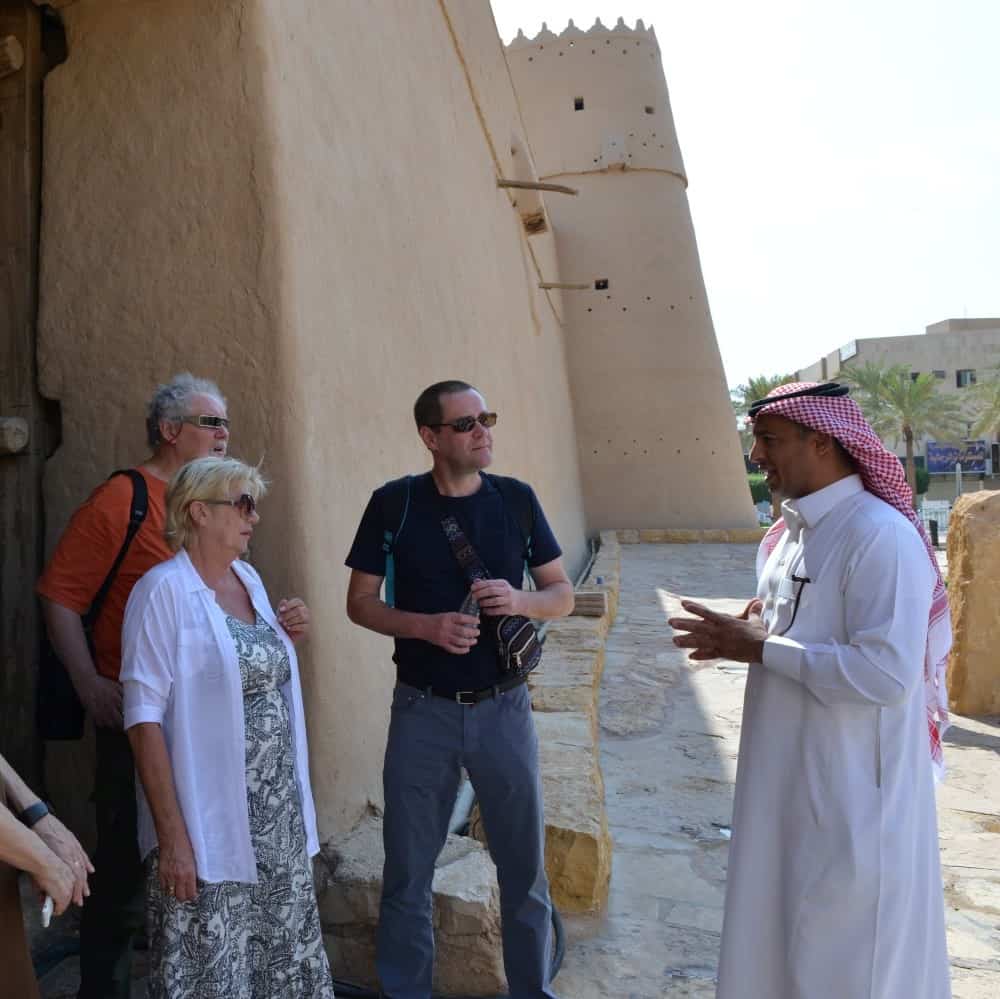Riyadh, Saudi Arabia — Saudi Arabia has succeeded in exceeding its transformative Vision 2030 target of attracting 100 million visitors annually by 2023, seven years ahead of schedule, according to an International Monetary Fund (IMF) report.
In its 2024 Article IV Consultation report, the IMF has highlighted Saudi Arabia’s tourism sector as a major contributor to the country’s economic diversification.
Tourism revenues reached $36 billion in 2023, with net tourism income increasing by 38 percent. The sector’s direct and indirect contribution to GDP reached 11.5 percent in 2023, with expectations to grow to 16 percent by 2034.
Central to this growth has been a combination of strong domestic demand and increased international arrivals.
Non-religious tourism has surged, with increased leisure travel and visits to friends and relatives driven further by major international events such as Formula One, the 2027 Asian Cup, and the 2030 World Expo.
The IMF report underscores the role of tourism in shifting Saudi Arabia’s service balance to a surplus. This means that the Kingdom is now earning more from international visitors than it is spending on outbound tourism.
By 2022, this shift resulted in a positive balance, and 2023 saw further gains through increased revenue from transportation and service exports.
The report also notes that while outbound tourism spending by Saudi nationals declined, and expatriates in the Kingdom significantly increased their leisure spending post-COVID.
Crucial to this transformation are the diverse linkages Saudi Arabia’s tourism sector has created across industries, such as food, beverage, travel, cultural industries, and accommodation. These connections are helping to reduce the Kingdom’s reliance on oil-intensive sectors.
Major giga projects like Red Sea Global and Diriyah Gate are pivotal in this shift, as they focus on luxury tourism, culture preservation, and infrastructure improvements.
Vision 2030 remains the Kingdom’s comprehensive economic reform plan, with tourism at its core. IMF’s recognition of Saudi Arabia’s progress reflects the vast potential of its tourism sector and its capacity to drive sustainable economic growth in the years to come.









